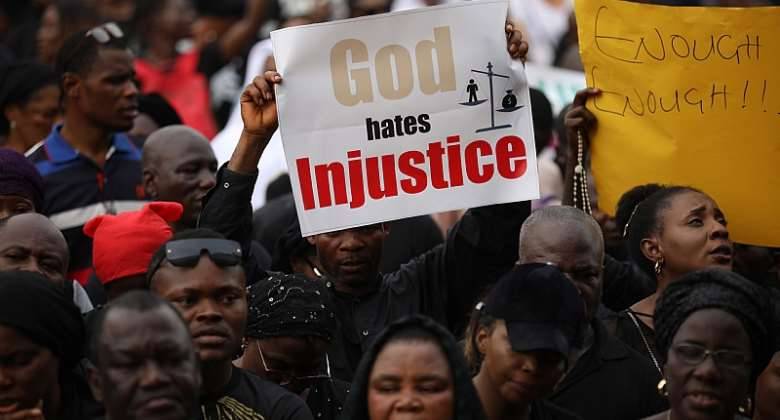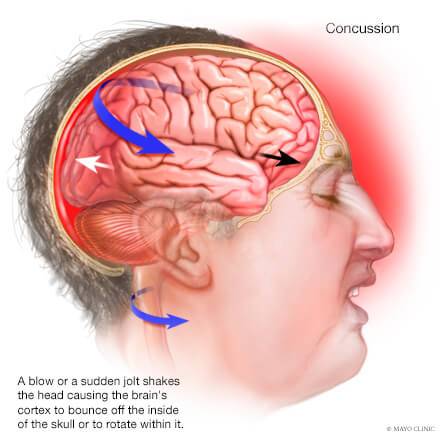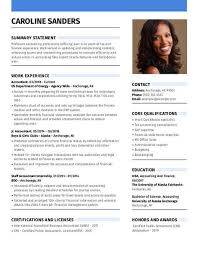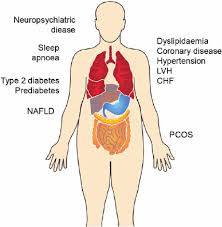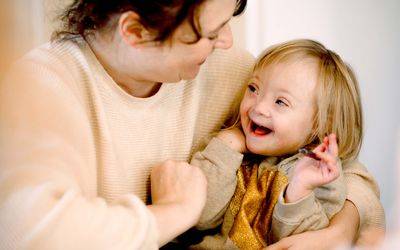Christians hold signs calling for peace and security in Nigeria as they march through the streets of Abuja. - Source: Photo by Kola Sulaimon/AFP via Getty Images
Nigeria has a long history of religious tension, against which the current wave of violence against Christians must be seen.
There are a number of factors that have increased religious tensions in Nigeria.
The first is the competition for space between the two main religions, Islam and Christianity. Second, there is a perception that Nigerian leaders are using the state to promote their religion or belief at the expense of others. Third, there is a culture of insensitivity to the feelings of minorities.
The roots of Islam in northern Nigeria can be traced back to the 11th century when it first appeared in Borno. The northern region of Nigeria has a majority Muslim population. Southern Nigeria has a majority Christian population. Christian missionary work in southern Nigeria effectively began in Yorubaland around 1842.
Christianity also provided a platform for the establishment of Western education in Western Nigeria. This failed in several areas in northern Nigeria where Western education was equated with Christianity.
Both religions have significantly influenced culture, education, politics and many other aspects of people's social life. Since religion tends to be a central part of people's identity, any perceived threat to one's religious beliefs is seen as a threat to the whole being.
Given this history and context, it is no surprise that the latest incidents have been read as a campaign against Christians.
Recent attacks on Christians
The International Christian Concern, in a report dated May 15, 2022, described Nigeria as the scariest country in the world to be a Christian.
The report claimed that:
Indeed, the Christian communities in the Middle Belt of Nigeria suffered twenty years of genocide.
The attacks seem to be escalating. At the beginning of June, 40 worshipers were killed in an attack on a church in Owo, Ondo State, southwestern Nigeria.
The BBC reported that by the middle of this year there had already been 23 attacks on church premises and people associated with them. This was compared to 31 attacks in 2021 and 18 in 2020.
Some US senators recently wrote to US Secretary of State Antony Blinken criticizing the US government's decision to remove Nigeria's designation as a country of special interest. This designation applies to countries whose governments have "engaged in or tolerated 'particularly serious violations of religious freedom.'
US senators saw the attack in Owo as further evidence of the persecution of Christians in Nigeria. They said that in 2021, more than 4,650 Nigerian Christians were killed for their faith.
Non-Christians also claim to be persecuted
Non-Christian groups have their own stories of mistreatment.
Muslim Rights Concern, an Islamic rights group, says Muslims in Yorubaland, southwest Nigeria, face persecution.
Followers of traditional African religions also complain of persecution. In particular, they complain that institutional practices favor Christianity and Islam.
Atheists similarly complain of persecution.
There are also cases of interdenominational discrimination between followers of the Christian and Islamic faiths.
For example, members of the Islamic Movement in Nigeria routinely complain of persecution and police brutality by members of the dominant Sunni Muslim community.
Why persecution claims are complicated
Several factors explain why the alleged persecution of Christians seems to dominate the headlines more than the complaints of other religious groups.
The first is the competition between Christianity and Islam. Both religions are constantly competing for space and control. Each suspects the other of wanting to encroach on its space and poach its members.
In recent years, Muslims proudly announce that Islam is the fastest growing religion in the world. This caused concern in the Christian community.
Similarly, many Muslims fear that globalization and Western culture are undermining Islam and therefore view them with suspicion, if not antagonism.
The second factor is open violence. Tensions between Muslims and Christians have sometimes escalated into deadly violence. One example is the Maitatsine riots in Kano in 1980, in which at least 4,179 people lost their lives. In January 2000, over 1,000 people were also killed in Zamfara State following reports of the introduction of Sharia in the state.
The third is the fact that the Nigerian state appears to recognize only Islam and Christianity. And this despite constitutional provisions guaranteeing freedom of religion.
Fourth, there is the issue of cultural insensitivity towards minority groups.
Across the country, there is a pervasive culture of insensitivity to the concerns of minority groups in virtually every sphere of life, including politics and religion. This gives the impression of glorifying the tyranny of the majority.
In addition, the government of President Muhammadu Buhari has been accused of favoring Muslims in critical political appointments, despite the fact that the Muslim and Christian populations are approximately equally balanced.
This increased the feeling of exclusion and suspicion among Christians.
There is a threat that tensions in the country may escalate ahead of elections next year.
Bola Ahmed Tinubu, a Muslim from the southwestern part of the country and presidential candidate of the ruling All Progressives Congress, has chosen Kashim Shettima, a fellow Muslim from Borno state in the northeast, as his running mate in the 2023 elections.
This is a choice that could make religion an election issue and lend weight to claims that the All Progressives Congress has an Islamization agenda for the country.
Finally, tensions between religious groups are fueled by attacks by Boko Haram and Islamic State in the West Africa province.
Boko Haram and the Islamic State in the West Africa Province attack both Christians and Muslims as well as government property. But when the victims are Christians, it tends to remind them of the groups' clear goal of establishing an Islamic caliphate.
The aim of the attacks seems to be to legitimize the religious basis of terrorism of these groups among their members.
Sometimes it is difficult to isolate a religious motive behind the attacks. But it is clear that attacks on churches and the killing or kidnapping of top clerics guarantee terrorists the headlines they crave.
Jideofor Adibe does not work for, consult with, own stock in, or receive funding from any company or organization that would benefit from this article, and has disclosed no relevant relationships beyond his academic appointment.
Jideofor Adibe, Professor of International Relations and Political Science, Nasarawa State University, Keffi
 blogpay
blogpay


